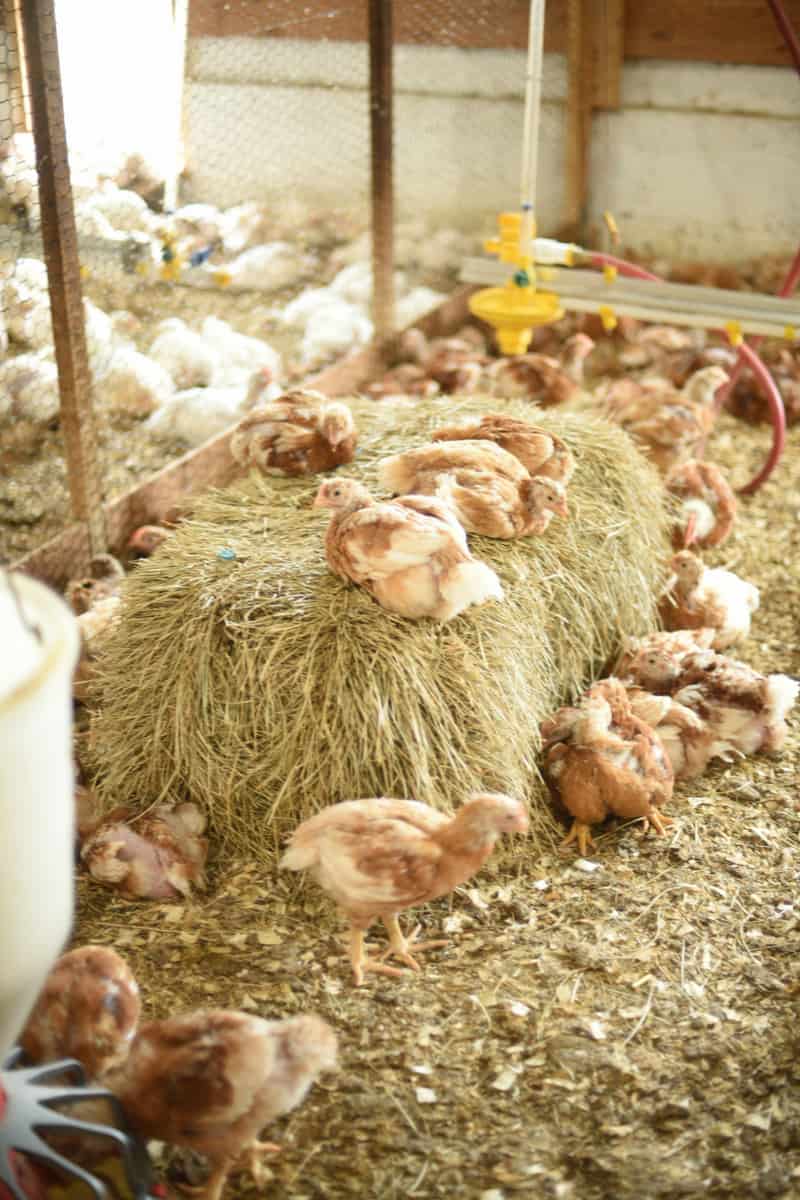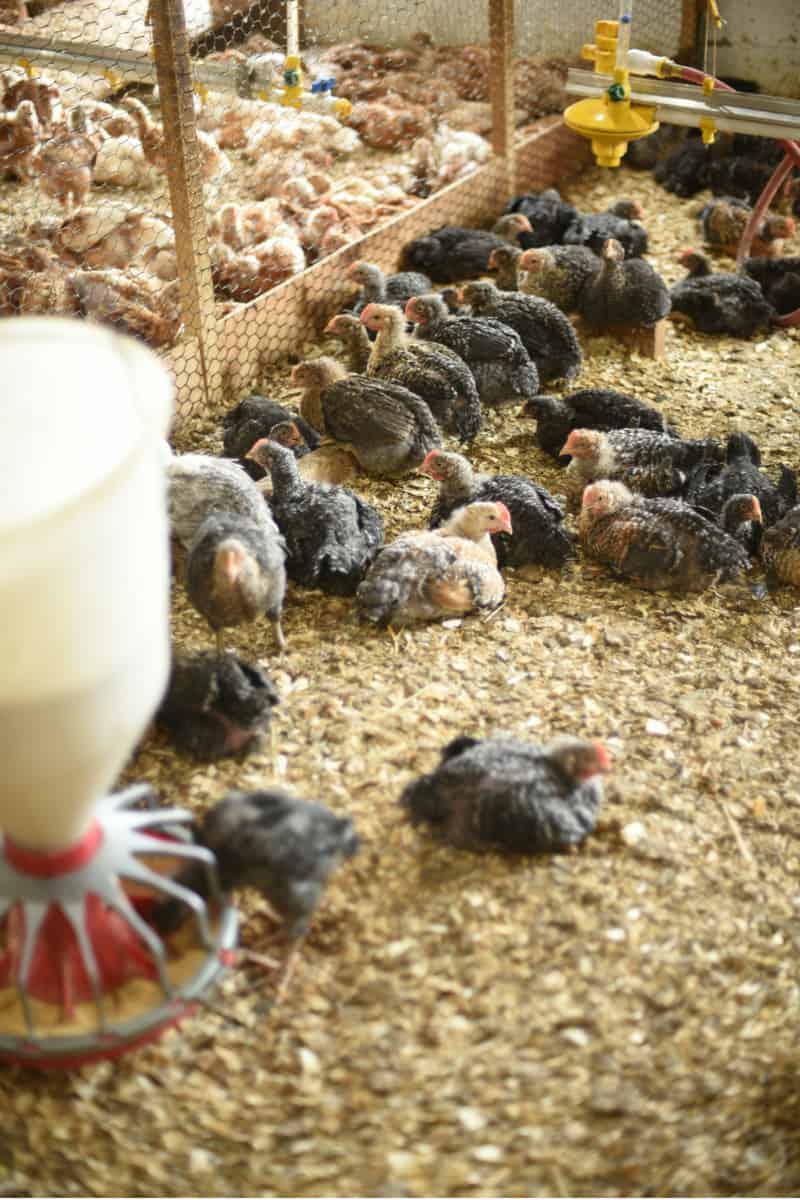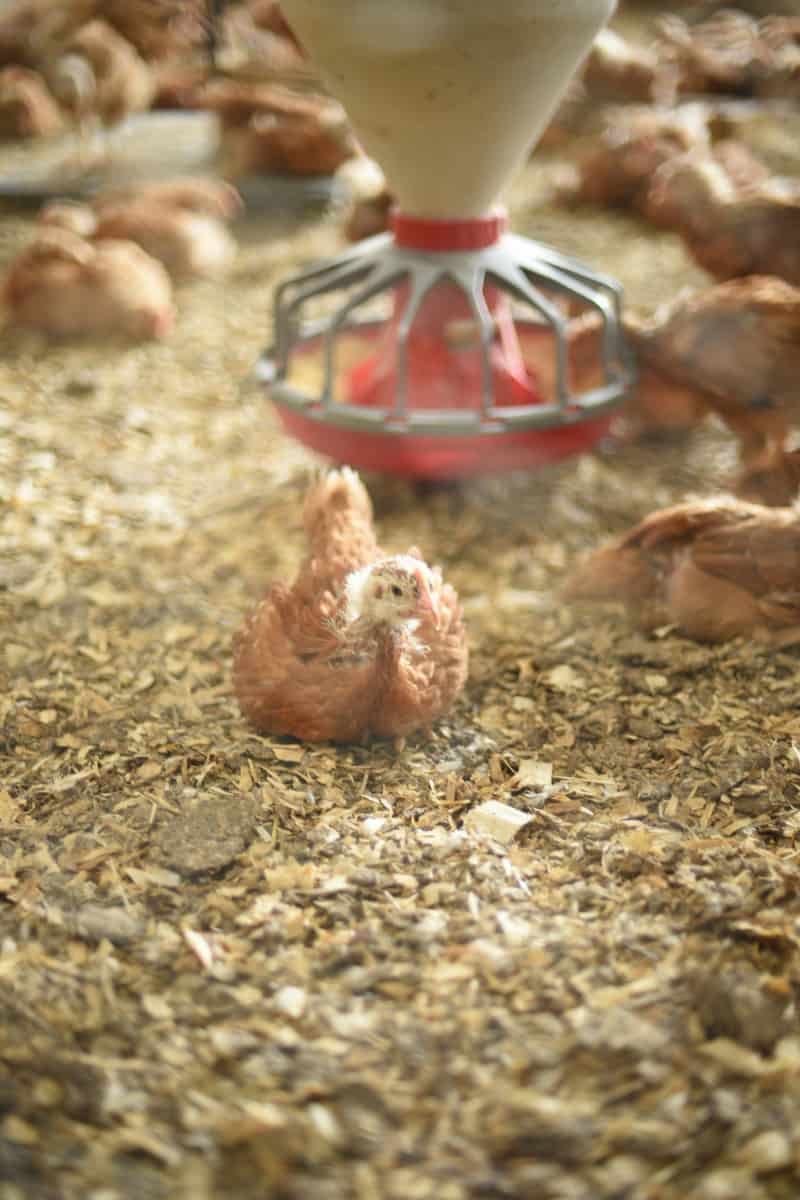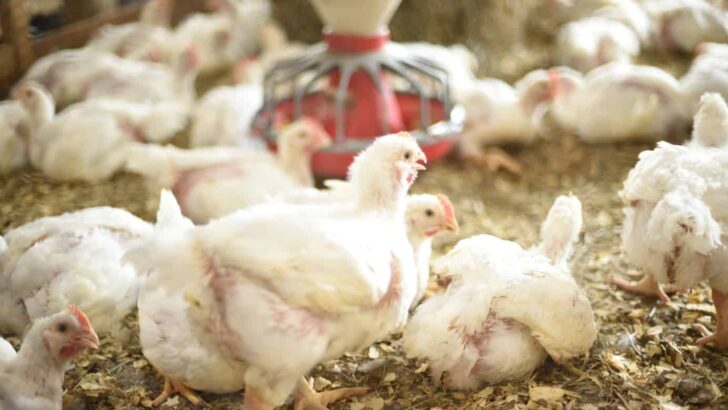Chickens are amazing. I should know, I raise them. Well, I raised them. We haven't had any for a year and some months, but we're planning for a new flock after we build our chicken coop, and I'm excited. While I'm waiting, though, I want to tell you about a visit that I took to Perdue’s Research Farm this month and the time spent at the Perdue Animal Care Summit, the third annual summit that welcomes farmers, customers, and advocates from all over the nation for a two-day intensive. I was invited as media, and I must tell you, I walked away with a different perspective of the Perdue name and the work that they are doing for animal welfare.

The Perdue Animal Care Summit is a two-day intensive in which attendees can examine the company’s commitment to animal care. The first day consisted of a visit to the chicken research farm, where we were shown the trials in which they were trying to find the perfect breed to match their brand AND their promise to raise their chickens to higher standards. We saw variants of chickens and were told whether or not they were good for Perdue's bottom line, the customers, and the consumers. What caught me off guard was that I discussed the benefits of chickens and their ability to buff up naturally in less time with one of the animal welfare panelists the next day. The conversation was amazingly laid back, and I found myself nodding along in agreement and realizing that, for the most part, all of us in the agricultural fields - whether backyard chicken raisers or entities such as Perdue - want animals that are raised to higher standards and that customers want to buy over and over again.

One thing that I paid considerable attention to was the habitats of the chickens. Yes, they are free-range but can still come inside a chicken barn to be safe from predators. No chickens were forcibly on top of each other because there was more than enough room for the chickens to roam about, peck like they are prone to, and eat in peace. I will be honest, though, in telling you that the day that we roamed the research farm was HOT. The chickens weren't keen on being outside in the heat, and I didn't blame them. I did not want to be outside in the heat, and every single time I could take refuge in a barn, I did. The barns were dry, temperature controlled, and free from the smell you brace yourself for when entering any building that houses several animals.

We ended our first day looking at the chicks from each of the research trials coming in and information letting us know what the research trials consisted of. They were looking for activity, growth, weight, and enrichment participation. Of course, we want our chickens to have meat on their bones when it gets to our plate, but at what cost? Do you want chickens that can hardly walk around or ones that are healthy AND beneficial to both farmer and consumer? Those trials continue to look for this, and they are sure to keep a keen eye on it all.
The information shared on that day also included things that I've known for a bit. No chickens are given growth hormones—not just Perdue chickens but any chickens raised in the United States. It's been law since the 1950s, and knowledge, I think, needs to be spread far and wide. Perdue chickens also receive no antibiotics. You'll remember me talking about that last year.

Our second day was spent at the Perdue School of Business, where we listened to presentations from Perdue employees, animal advocates, food journalists, and fellows from Universities as far away as California and as close as Maryland.
What did I leave with? I left with the knowledge that animal welfare should be something that every farmer, customer, and consumer strives to understand. Some people they are trusting because of word of mouth. With others - such as myself - we have to see and hear that an understanding is created by more than just the food producer. Everyone needs to be happy for everyone to benefit.
I also left with a certainty that I might be reaching for those Perdue packages more often now.


Karl Pfrommer
Sunday 30th of June 2024
Do Perdue and other labeled chicane farmers sell their chicanes unlibled to grocery stores